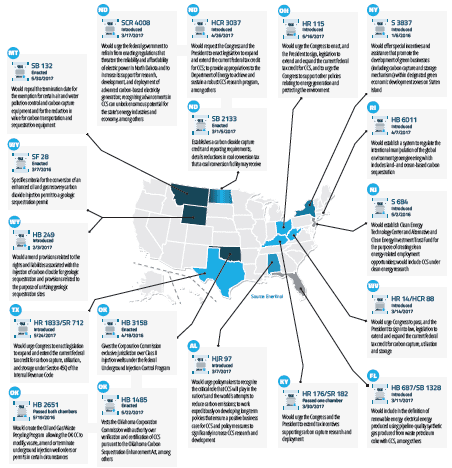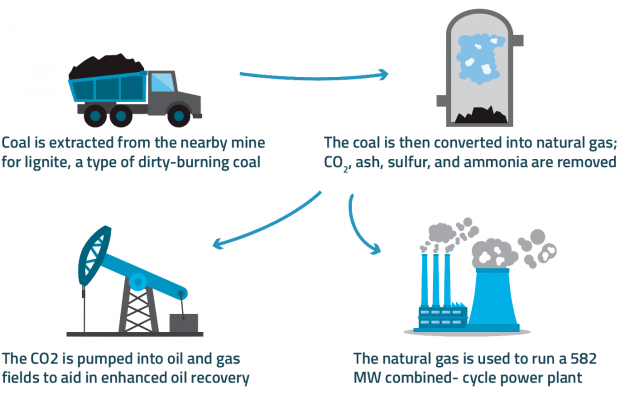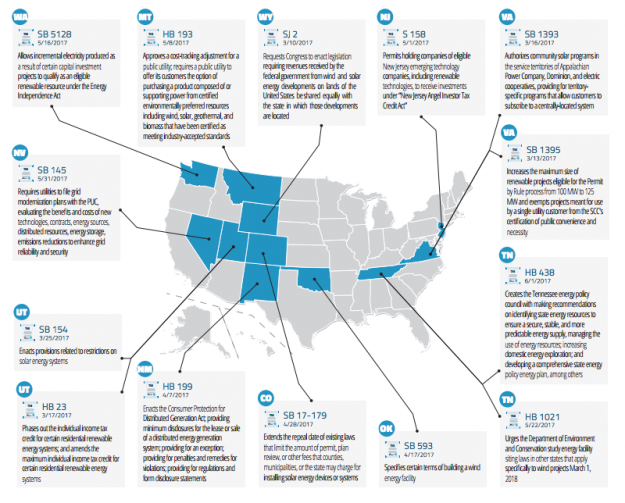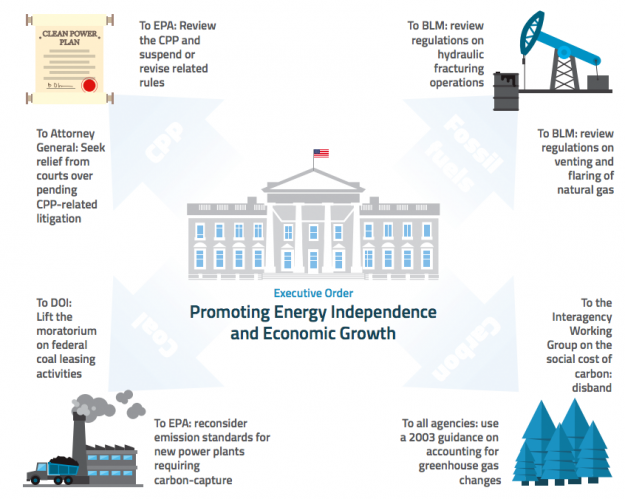Halt of Kemper Coal Gasification Project Deals Blow to Carbon Capture and Storage
Mississippi regulators require the Kemper coal plant – hailed as the first large-scale clean coal facility – to run only on natural gas ending a seven year effort to demonstrate the viability of clean coal technology. The project's failure is a major setback for carbon capture and storage (CCS), particularly given the interest to save the coal industry under the Trump administration. The Kemper plant’s switch to natural gas is part of a broader trend caused by low-cost, low-carbon natural gas, making it difficult for expensive technologies to compete. Faced with adverse economics, the prospects of CCS will likely depend on the policy environment.



